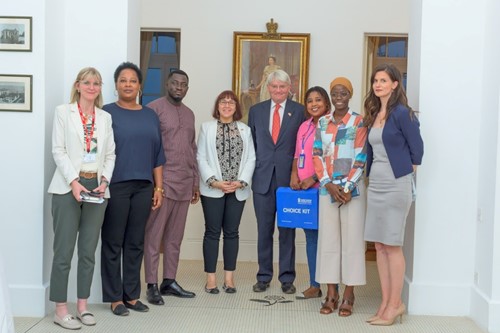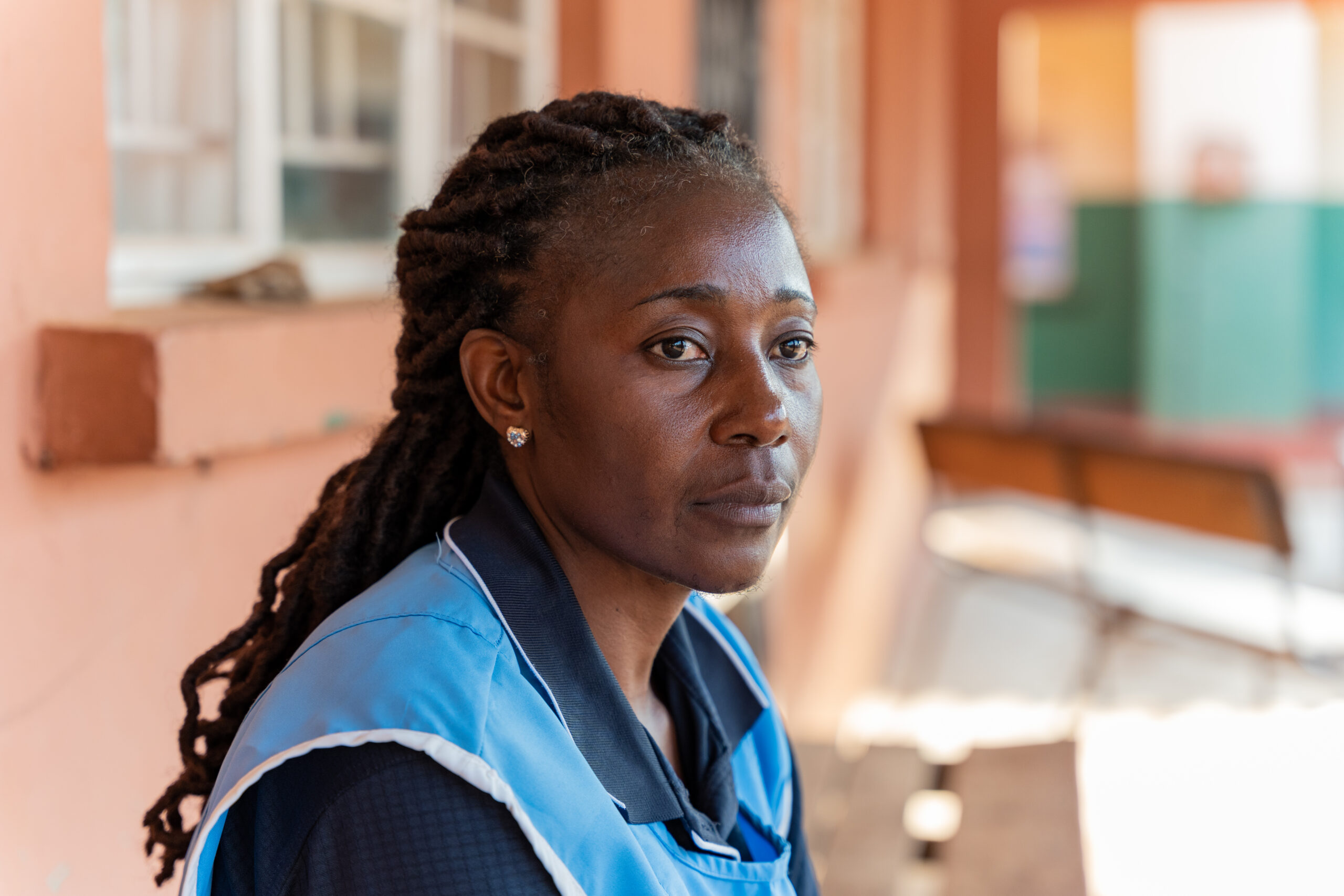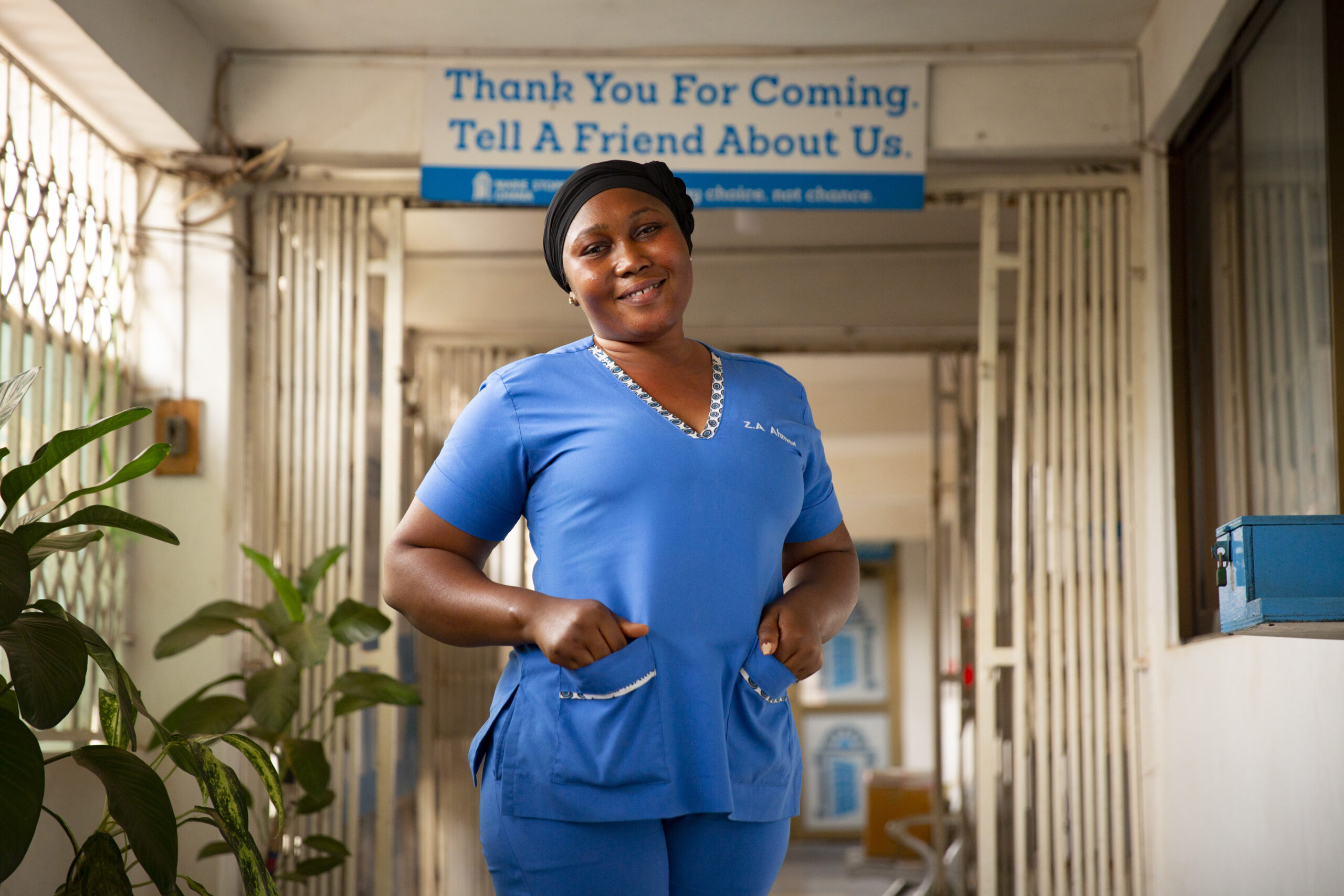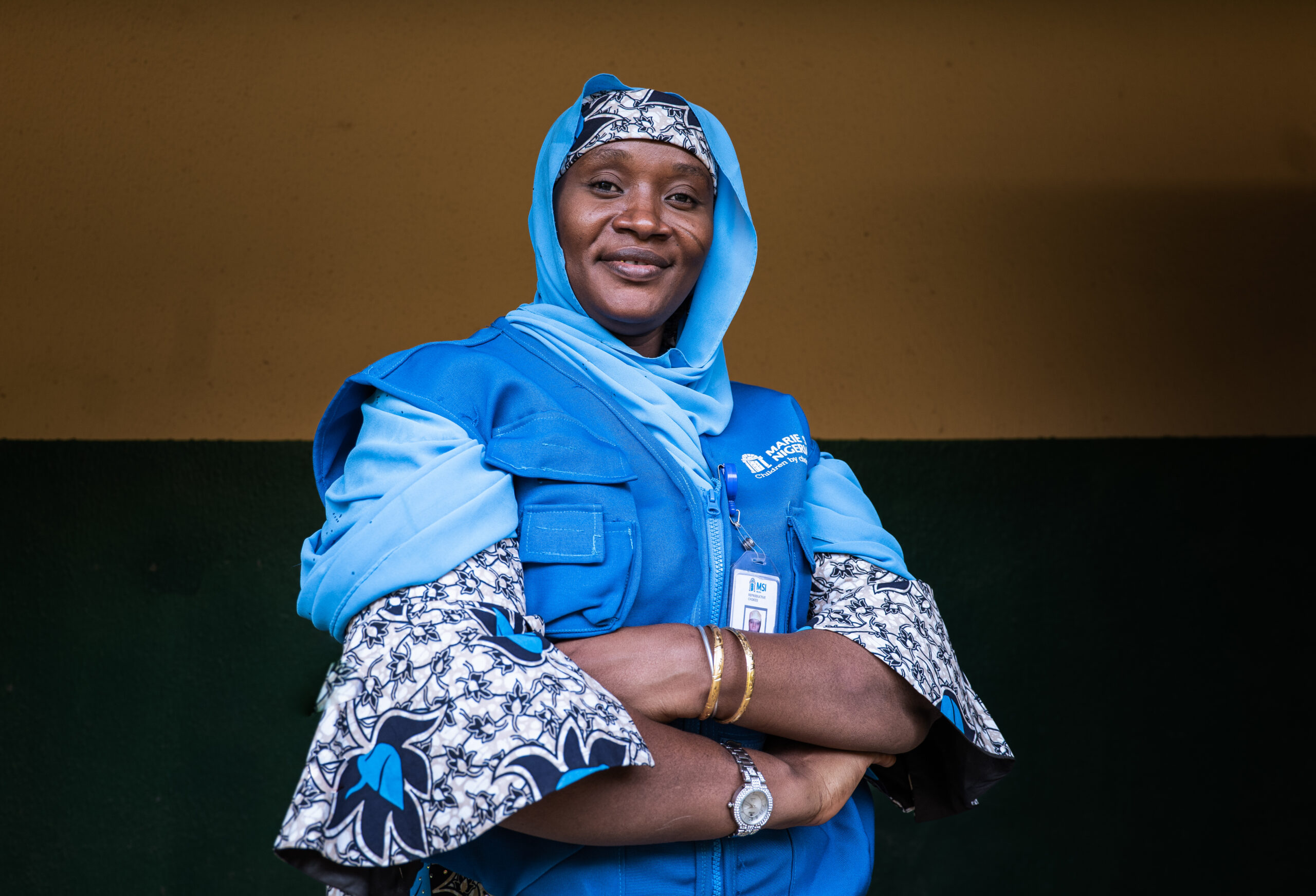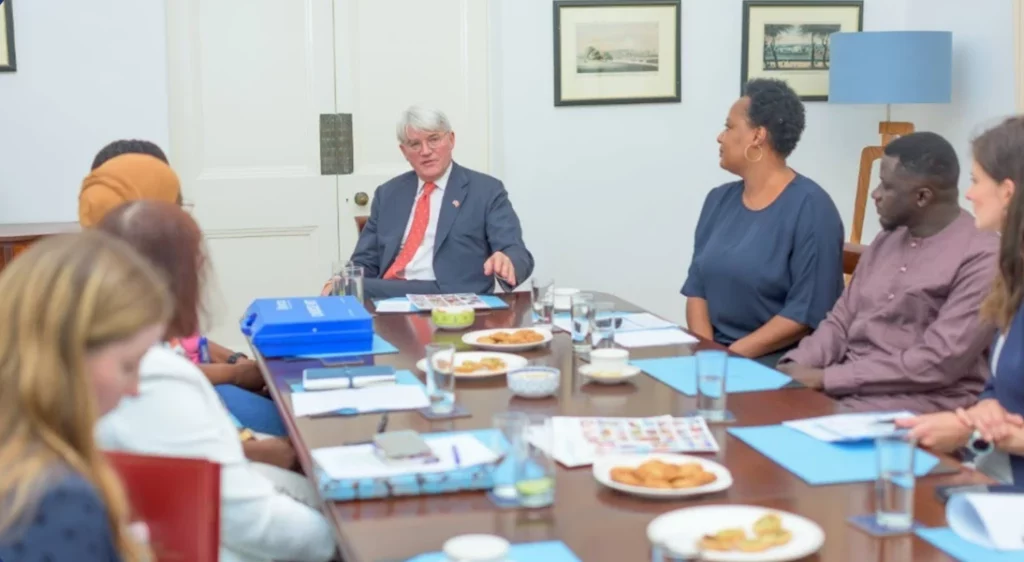
On Tuesday 24th January, MSI’s team in Senegal was delighted to meet with the UK Minister for Development, Rt Hon Mr Andrew Mitchell, and the UK Ambassador to Senegal, Juliette John, in Dakar. This was an opportunity to highlight the transformative impact of the UK government-funded Women’s Integrated Sexual Health (WISH) programme, and the importance of following through with existing funding commitments.
Team members discussed the opportunities and challenges in accessing sexual and reproductive health and rights in Senegal, the scale and contribution of the UK’s flagship WISH programme to the lives of women and girls across the country, and the importance of continued funding to sustain the achievements made.
Since its launch in August 2018, the WISH programme has prevented an estimated 9.6 million unintended pregnancies and 3.7 million unsafe abortions, saving the lives of 35,000 women and girls across West and Central Africa.
As Minister Mitchell heard in the meeting, for many women and girls supported through WISH, these services are the first opportunity they have had to access contraception. As a result, they now have the power to determine if or when to become pregnant, enabling them to stay in education, forge a career and realise the futures they want.
Commenting on the visit, Minister Mitchell said:
“The UK’s work with MSI Senegal has supported sexual and reproductive health and rights, averting 240,600 unintended pregnancies and preventing 411 maternal deaths [in Senegal]. I was delighted to meet with the team and impressed by the results our WISH programme is achieving in Senegal.”
At MSI we are delighted that the UK government recognises the importance of sexual and reproductive healthcare, with the empowerment of women and girls, unlocking the social, economic and political agency of all, and driving progress on universal, comprehensive sexual and reproductive health and rights (SRHR) all listed as priorities in the UK’s International Development Strategy. However, recent cuts to UK Aid put these commitments at stake.
In 2021, the UK government removed its commitment to spend 0.7% of gross national income on overseas aid, with devastating implications for MSI’s services. This year, with further cuts to UK aid, MSI will face a £7 million loss in funding across the WISH programme. We estimate that the cuts could result in 300,000 women and girls losing access to essential health services, with serious implications for some of the world’s poorest communities, including in Senegal.
Commenting on the visit and the future of WISH, Caroline Guinard, Director of the WISH programme at MSI, shared:
“We were delighted that the MSI team in Senegal had the opportunity to meet with Rt Hon Mr Andrew Mitchell and the UK Ambassador to Senegal in Dakar, and share first-hand the impact that UK Aid is having on the health, lives and futures of women and girls. Over the last 10 years, we have seen the global impact of the UK’s leadership on reproductive healthcare, but these achievements are now at stake. We call on the UK Government to urgently reconsider the funding cuts, so we can continue to reach women and girls with life-saving and life-changing healthcare.”
